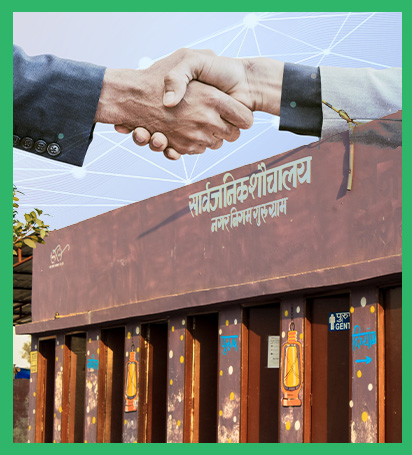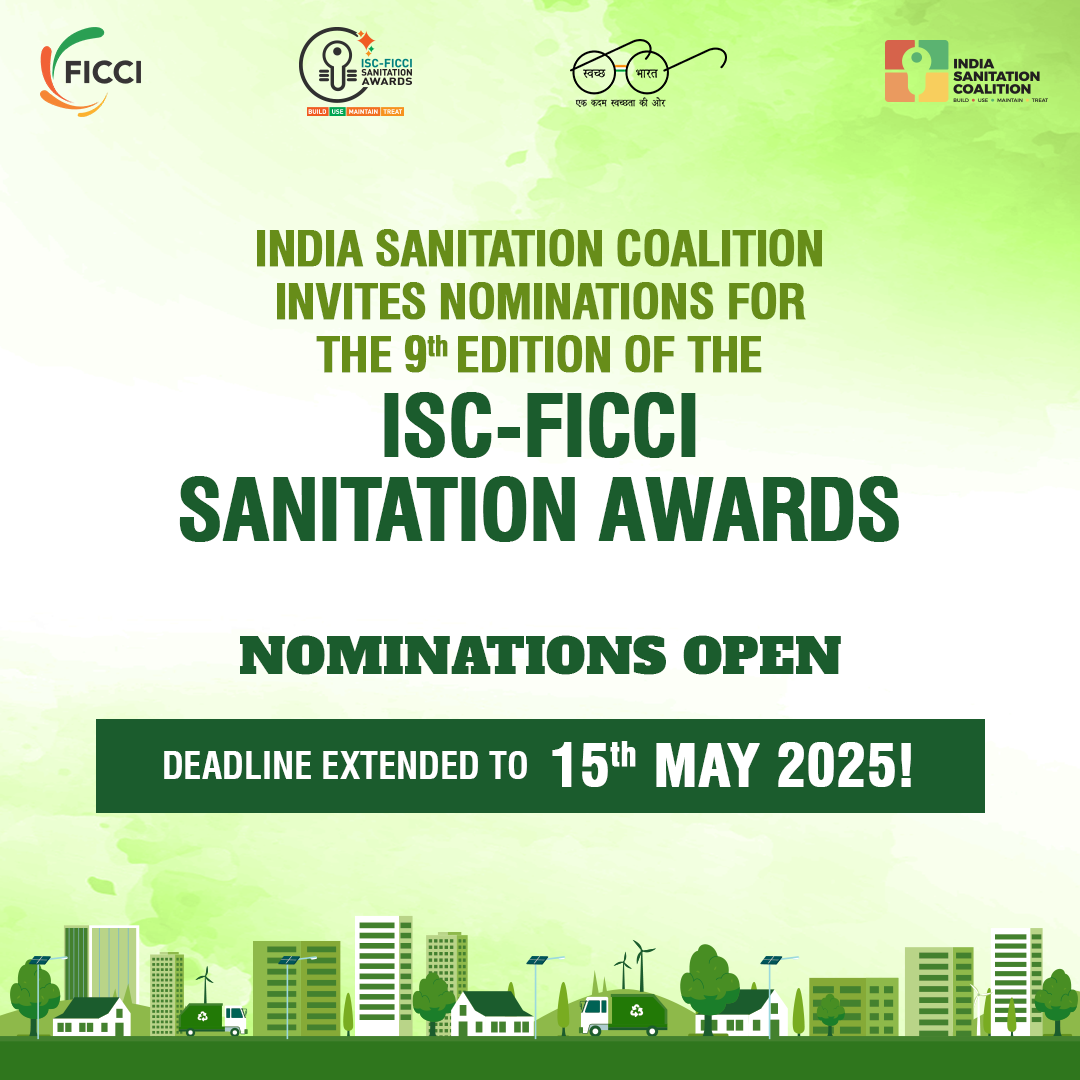Government Engagement
Back

- ISC has been partnering with governments to support policymaking and the framing of regulations that support the provision of safe, accessible, and affordable WASH services for all, particularly for the last-mile population.
- Since WASH has become an important agenda for the Central and state governments, ISC has created an inclusive platform that brings together all the stakeholders including the government and the private sector to establish a network which is responsible for the planning, coordination and monitoring of WASH services.
- ISC has been playing a pivotal role in engaging governments and corporates to lend support in providing financing for WASH services, through national budgets, taxes, and tariffs, as also as external sources of funding across the globe.
- ISC has created a Public-Private Partnership model where different corporates can collaborate with government agencies, grassroots organizations, and other stakeholders. This model has supported in improvement of sanitation services and infrastructure for the targeted communities across the country.
- ISC supports the governments in Capacity Building and Training, which is an important way to build the capacity of WASH institutions and WASH stakeholders, such as government agencies, civil society organizations, and the private sector, to create effective planning, implementation, and monitoring frameworks for the country’s WASH programs.
- Through the Behavior Change Communication model, ISC supports the governments in different communication campaigns to promote good WASH practices among the targeted communities, particularly in rural areas.
- Since ISC is one of the key partners of the government, the organization is developing a monitoring and evaluation system to track the progress of WASH initiatives to ensure that Solid and Liquid Waste arrangements are adequately implemented in the rural pockets of the country.
THE LIGHTHOUSE INITIATIVE
The Lighthouse Initiative commissioned by the Ministry of Drinking Water and Sanitation is an intervention for the sanitation ecosystem, to be implemented in a public-private partnership mode. It will be piloted in 75 GPs /villages across fifteen states in its first phase. LHI is based on the principle of Inclusive Sanitation and Leaving...
Solid waste management
Solid waste management Project: Shaping a Circular Economy for Maharashtra
